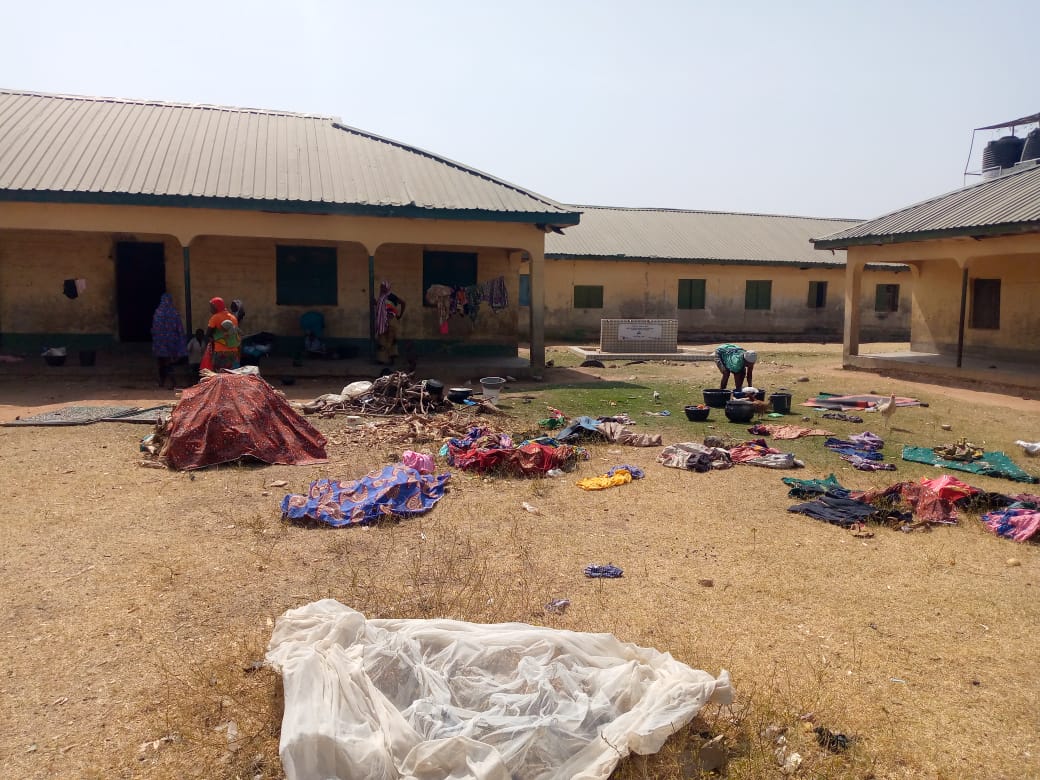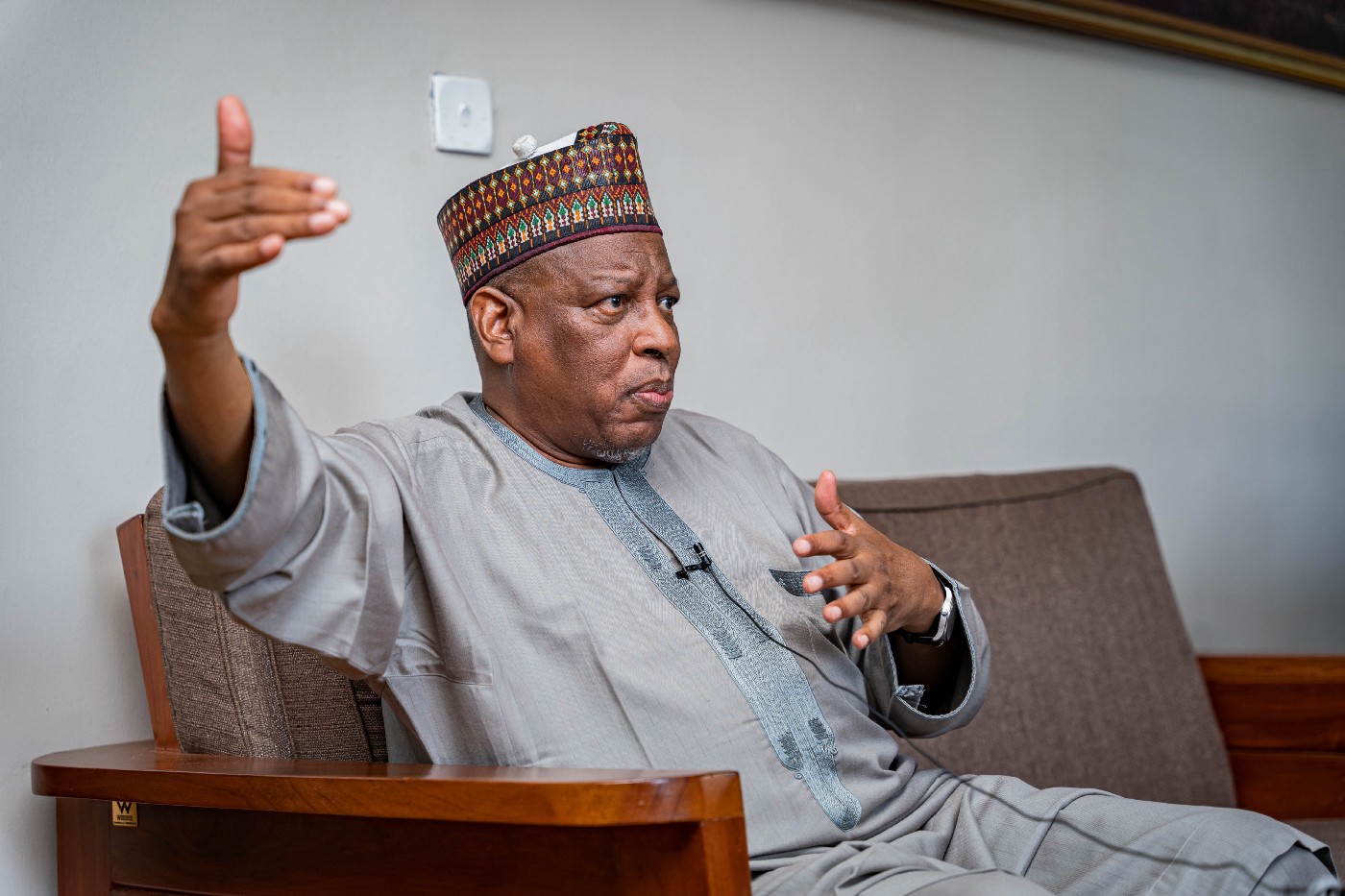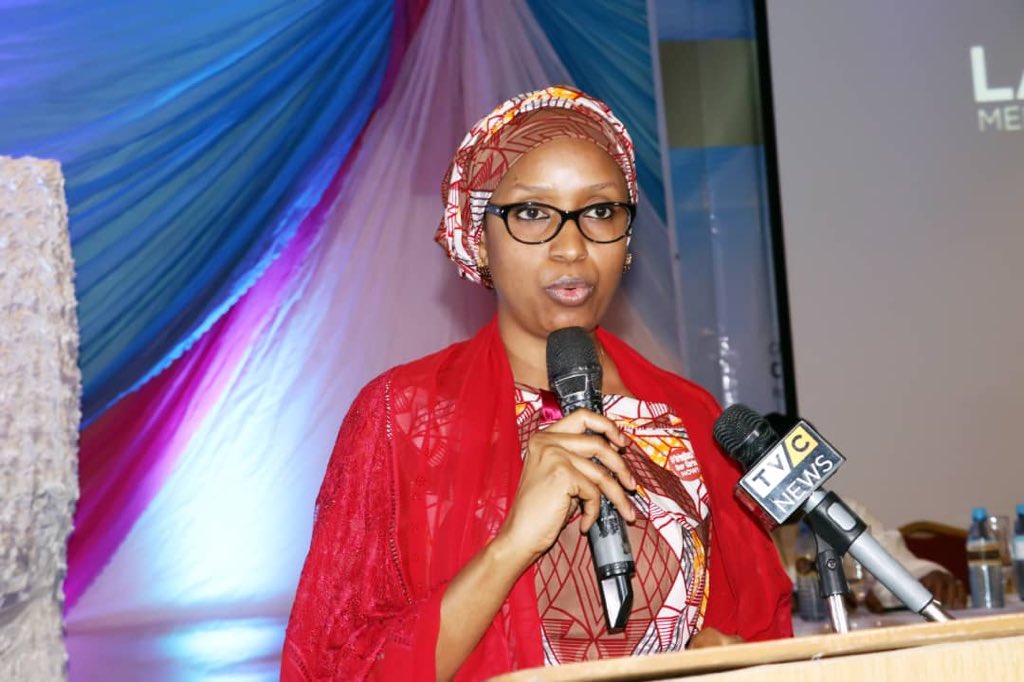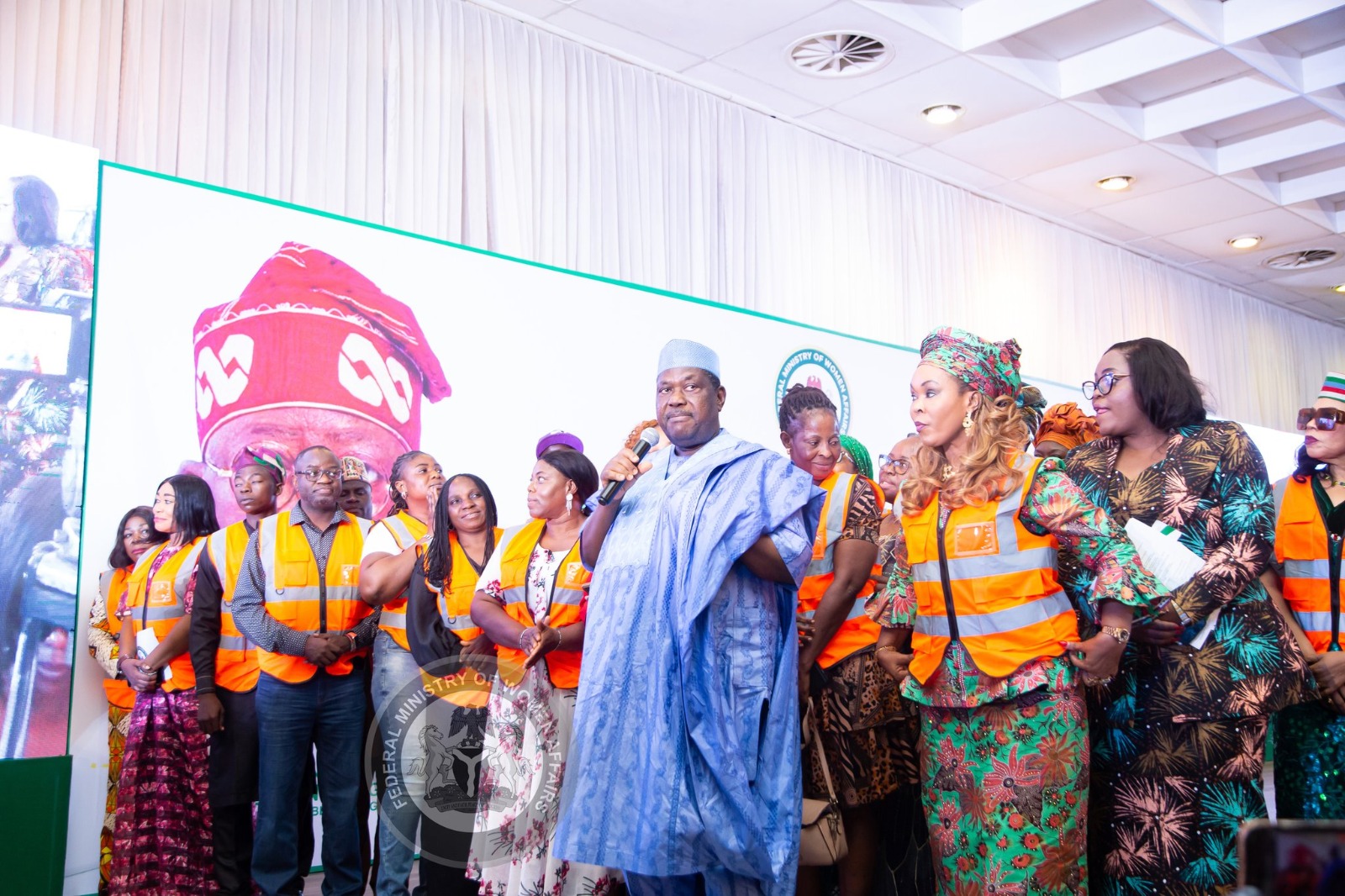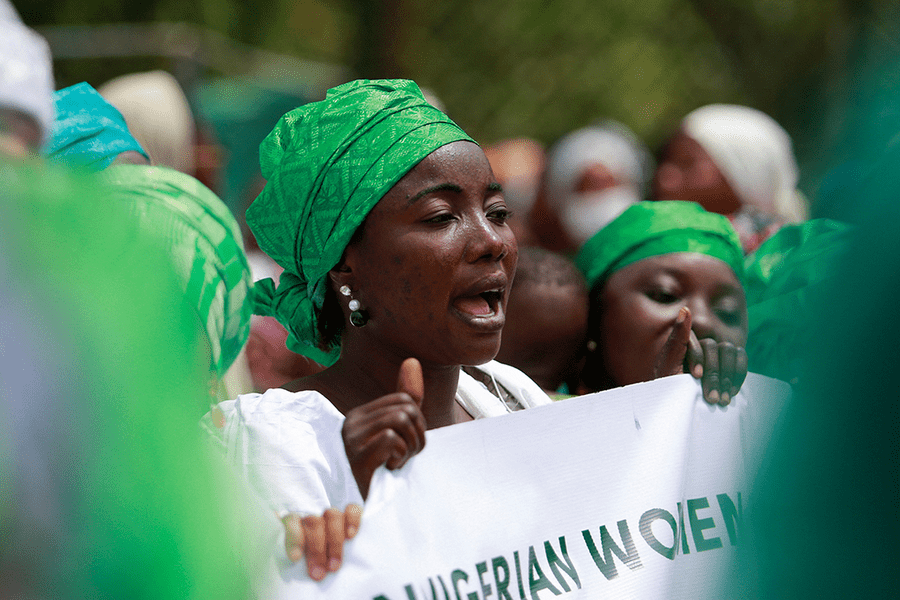The European Union (EU) says women inclusion in governance and decision-making is crucial to achieving sustainable development in Nigeria.
Samuela Isopi, EU ambassador to Nigeria and the Economic Community of West African States (ECOWAS), spoke on Wednesday at a two-day roundtable on women inclusion in politics, to mark the International Women’s week, in Abuja.
Isopi who was represented by Zissimos Vergos, EU deputy head of mission to Nigeria, said efforts aimed at increasing women participation in politics have not yielded desired outcome over time.
She said Nigeria records an increase in policymaking each time more women are elected into offices.
Advertisement
“Over the years, strategies to increase women’s participation in politics have been advanced through conventions, protocols, and international agreements for gender mainstreaming. However, they are yet to prove effective in achieving gender parity in the highest government rankings,” she said
“Thus, women continue to be underrepresented in government, and face barriers that often make it difficult for them to access, exercise political power, and assume leadership positions.
“In Nigeria, the advocacy for women’s political participation has been long drawn, and in spite of the very dynamic interventions by women groups and other key stakeholders, their representation remains in steady decline.
Advertisement
“For example, women’s representation in the 10th National Assembly is 7.4 percent out of a total of 469 combined seats in the senate and house of representatives.”
She said stakeholders and members of the national assembly must ensure that the ongoing constitutional reform puts Nigeria among the league of progressive nations by promoting gender equality.
“Women tend to work across party lines, be highly responsive to constituent concerns, help secure lasting peace, encourage citizen confidence in democracy through their own participation, and prioritise health, education, and other key development indicators,” she added.
“Women’s political leadership may not be the only answer to sustainable development, but the foregoing underscores the important contributions women offer when given equal opportunities to men.
Advertisement
“We must therefore strive for a society where every woman does not just feel safe enough to survive but empowered enough to thrive.”
‘NIGERIA NEEDS ELECTORAL QUOTAS FOR WOMEN’
Also speaking, Benjamin Kalu, deputy speaker of the house of representatives, said women contribute more to nation-building, adding that adopting electoral quotas for women will increase involvement in governance.
“What the best performing African countries regarding female representation have in common is the adoption of electoral quotas for women; a system which is not present in the nations at the bottom of the ranking,” Kalu said.
Advertisement
“Unfortunately, Nigeria happens to be one of them. The last position is Nigeria, with only 4 percent of women holding seats in the house of representatives, and 3.6 percent in the senate. That is sad.
“These figures paint a picture of stack disparity and highlight the urgent need for proactive and corrective measures to address the gender imbalance in political representation.”
Advertisement
On her part, Ireti Kingibe, chair, senate committee on women affairs, said, “as of the 9th Assembly, we ranked 182 out of 186 countries in the world in terms of women in governance and politics”.
“Nigeria faces significant gaps in women participation across all arms and levels of governance, reflecting a pressing need for increased gender inclusivity,” Kingibe added.
Advertisement
“Recent data reveals that women remain underrepresented in political spheres, with only 3.411 percent of parliamentary seats held by women. 4 out of 109 senators, and 14 out of 360 members of the house of representatives.
“Part of the problem that I see is that first, the women are not usually on the ballots, let alone to get voted for. Therefore, one of the first places to start would be the political parties.
Advertisement
“Even when the women get elected, even within the chambers and the house, there is a lot of discrimination and lack of inclusion.
“It is not just about getting women elected but is also about changing the psyche of the average man for him to understand that women are important in governance and decision-making, just as he thinks his mother and wife are important.”
Add a comment

